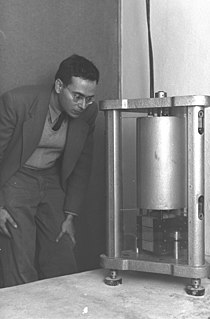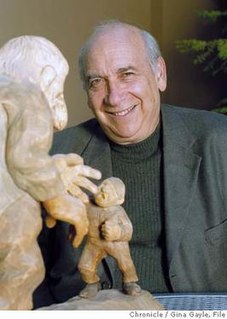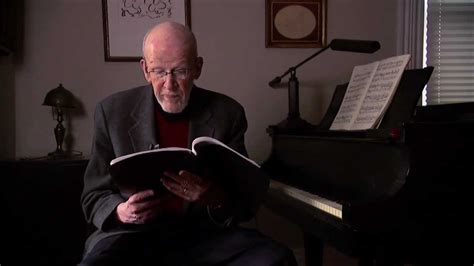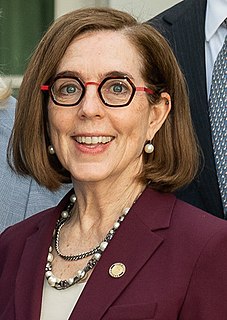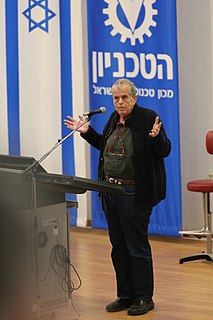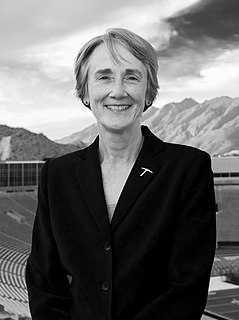A Quote by Francis Crick
When you start in science, you are brainwashed into believing how careful you must be, and how difficult it is to discover things. There's something that might be called the 'graduate student syndrome'; graduate students hardly believe they can make a discovery.
Related Quotes
There was a golden period that I look back upon with great regret, in which the cheapest of experimental animals were medical students. Graduate students were even better. In the old days, if you offered a graduate student a thiamine-deficient diet, he gladly went on it, for that was the only way he could eat. Science is getting to be more and more difficult.
I started doing science when I was effectively 20, a graduate student of Salvador Luria at Indiana University. And that was - you know, it took me about two years, you know, being a graduate student with Luria deciding I wanted to find the structure of DNA; that is, DNA was going to be my objective.
The thing that's depressing is teaching graduate students today and discovering that they don't know simple elemental facts of grammar. They really do not know how to scan a line; they've never been taught to scan a line. Many of them don't know the difference between 'lie' and 'lay,' let alone 'its' and 'it's.' And they're in graduate school!
I've always been - as a teacher, as graduate student, as a student, and I think, really, as a child - I've been interested in poems, but not so much for what the take home pay is, what you might sum up from them in moral or intellectual terms or whatever, but what's in the certain lines and how lines relates to other lines.
Towards the end of the military service, I had to make what I assume has been the most important decision in my career: to start a residency in clinical medicine, in surgery, which was my favorite choice, or to enroll into graduate school and start a career in scientific research. It was clear to me that I was heading for graduate school.
I went to my old school, where all the kids I'd been with for eight years were about to graduate. But the sisters wanted me to repeat the whole term; so I went to the principal and pleaded with her to allow me to graduate with my class. She finally agreed on the condition that I write the graduation play. It was called How Do You Spend Your Leisure Time?Catchy title, huh?
Unlike many graduate fellowships, the Rhodes seeks leaders who will 'fight the world's fight.' They must be more than mere bookworms. We are looking for students who wonder, students who are reading widely, students of passion who are driven to make a difference in the lives of those around them and in the broader world.



